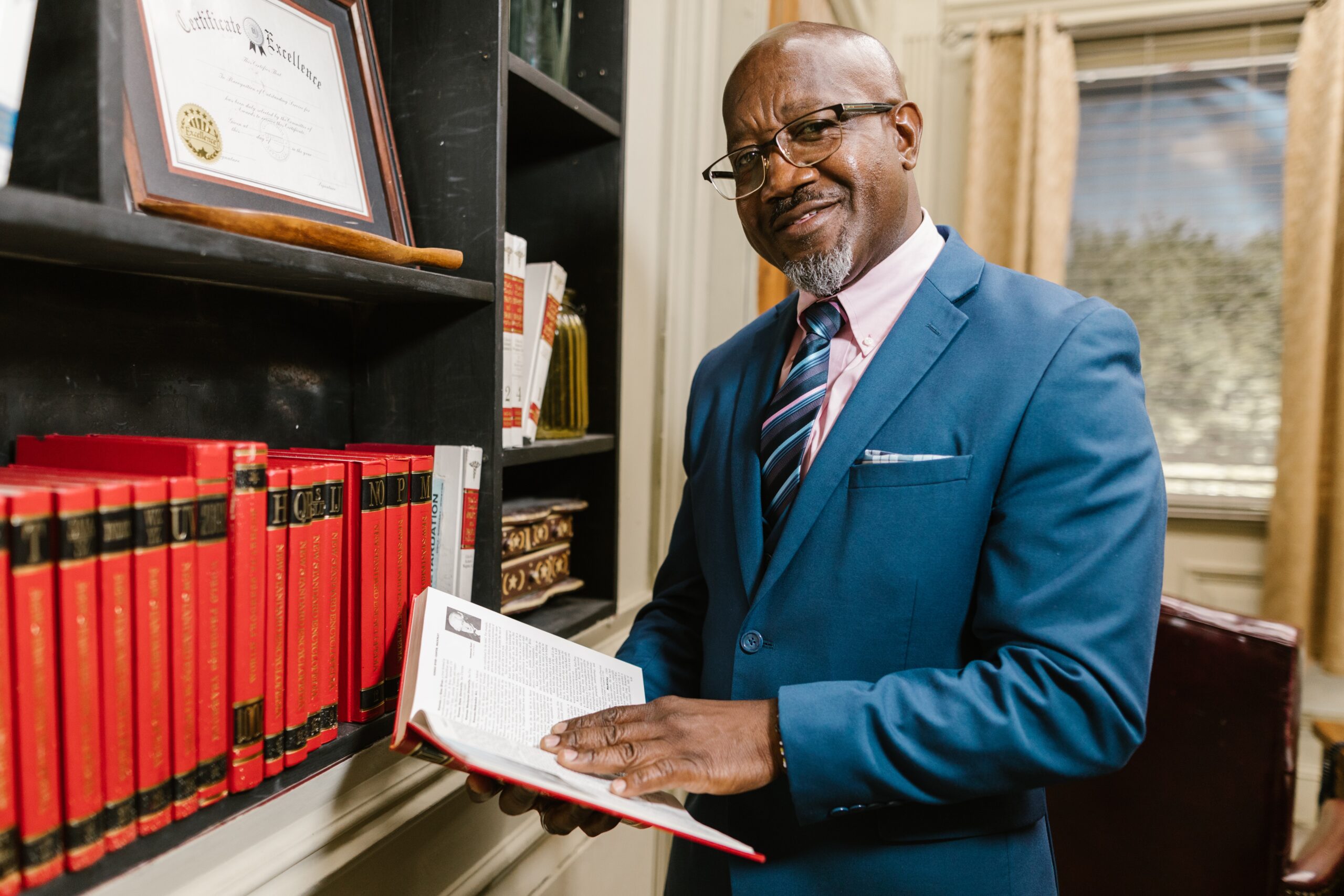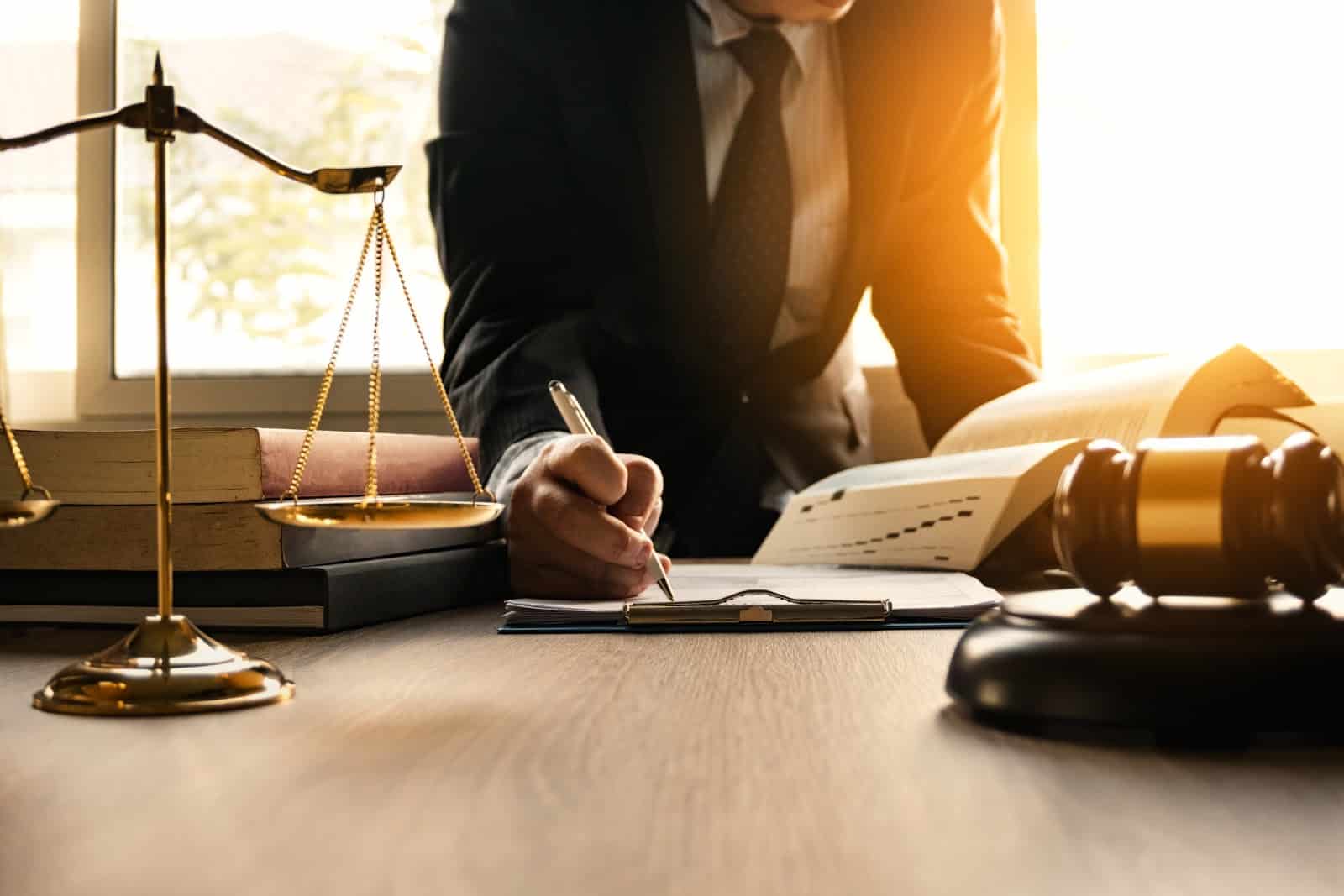Introduction
Brain injuries can have a profound impact on a person’s life, altering their physical abilities, emotional well-being, and overall quality of life. With the increasing incidents of accidents—be it from car crashes, workplace mishaps, or medical negligence—the association between brain injuries and legal claims has become increasingly significant. This article dives deep into the intricate relationship between brain injuries and legal claims in various contexts.
We will explore how personal injury law applies to brain injuries, the types of claims one might pursue, and how skilled attorneys like those at Moseley Collins Law can help victims navigate the complex legal landscape. Whether you need a Fresno car accident lawyer or a medical malpractice attorney, understanding your rights is essential.
Exploring the Link Between Brain Injuries and Legal Claims
Brain injuries often result from negligence or intentional harm, leading to legal claims that seek compensation for damages suffered by the victim. These claims can be filed against individuals, companies, or even healthcare providers in cases of medical malpractice. Understanding this link starts with recognizing the types of brain injuries that can occur.
Types of Brain Injuries
Traumatic Brain Injury (TBI)- Often caused by external forces such as blows to the head. Symptoms range from mild concussions to severe cognitive impairment.
- Resulting from internal factors like strokes or oxygen deprivation. May lead to long-term disabilities requiring ongoing care.
- A common type of TBI often sustained during sports or accidents. While they may seem mild, repeated concussions can have serious implications.
- Bruises on the brain resulting from a direct impact. Can lead to swelling and bleeding in the brain.
- Occur when an object penetrates the skull. Often results in severe neurological deficits.
Legal Framework Surrounding Brain Injuries
Understanding how these injuries relate to legal action requires knowledge of personal injury law. In most cases, victims must prove negligence on behalf of another party to succeed in their claim.
Negligence Defined
Negligence involves four elements:
Duty: The responsible party had a legal obligation to act (or refrain from acting) in a certain way. Breach: The responsible party failed to fulfill that duty. Causation: The breach directly caused the brain injury. Damages: The injured party suffered losses as a result.Common Causes of Brain Injuries Leading to Legal Claims
Car Accidents- High-speed collisions can lead to TBIs that are often catastrophic. Victims may seek compensation through a Fresno car accident lawyer specializing in these cases.
- Falls or equipment malfunctions at work can cause serious head injuries. Employers may be liable under worker’s compensation laws.
- Errors during surgery or misdiagnosis can lead to acquired brain injuries. A specialized attorney may help navigate complex medical malpractice claims.
Sports-Related Injuries
- Concussions are prevalent among athletes; organizations may be held accountable for proper safety measures.
Assaults
- Intentional acts causing harm can also lead to brain injury claims against assailants.
Importance of Legal Representation
Pursuing a claim for damages related to a brain injury is not straightforward; it requires skillful navigation through legal procedures and negotiations with insurance companies. Here’s where experienced attorneys come into play:
How Moseley Collins Law Can Help
The team at Moseley Collins Law includes experts who understand both personal injury law and the complexities surrounding brain injuries:
- They provide free consultations for potential clients exploring their options following an accident. Their expertise extends across various domains—including car accidents, truck accidents, motorcycle accidents, and medical malpractice—ensuring comprehensive support for victims.
FAQs About Brain Injuries and Legal Claims
1. What constitutes a traumatic brain injury?
A traumatic brain injury (TBI) occurs when an external force impacts the head, causing damage that affects normal brain function.
2. How do I know if I have grounds for a legal claim?
If your brain injury resulted from someone else's negligence—like in auto accidents or medical malpractice—you might have grounds for a legal claim.
3. What is the role of an accident lawyer?
An accident lawyer helps injured parties navigate their case against negligent parties while seeking compensation for damages incurred due to their injuries.

4. How long do I have to file a claim after suffering a brain injury?
In California, you generally have two years from the date of your injury to file a personal injury claim; however, exceptions exist based on specific circumstances.

5. How much compensation can I expect for my claim?
Compensation varies widely based on factors like severity of injury, medical expenses incurred, lost wages, and emotional distress experienced post-accident.
6. Why should I choose Moseley Collins Law?
Moseley Collins Law specializes in personal injury claims with extensive experience dealing with complex cases involving brain injuries and medical malpractice situations, providing tailored support throughout your journey toward recovery.
Conclusion
In summary, understanding "Exploring the Link Between Brain Injuries and Legal Claims" is critical for anyone affected by such unfortunate circumstances—whether directly as victims or indirectly as family members navigating care decisions alongside legal actions against responsible parties.

Given its complexities—ranging from establishing negligence through Moseley Collins Law injury lawyers near me effective representation—the importance of involving seasoned professionals cannot be overstated; firms like Moseley Collins Law offer invaluable assistance during these challenging times by leveraging their expertise in personal injury law while ensuring victims receive just compensation for their suffering and losses endured due to preventable incidents leading up toward those life-altering moments following traumatic events involving head trauma sustained either accidentally or maliciously inflicted upon them by others ultimately held accountable within our justice system designed specifically for those seeking redress following tragedies impacting lives forevermore!